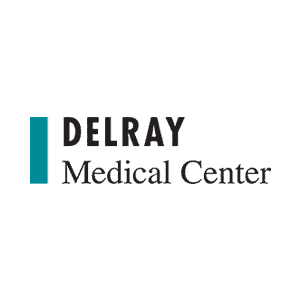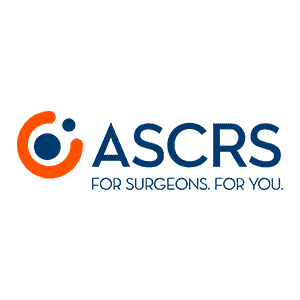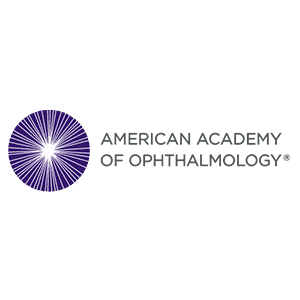Common EVO ICL Questions
What is an Implantable Collamer Lens (EVO ICL)?
An Implantable Collamer Lens (EVO ICL) is a permanent contact lens that is implanted into your eye by a trained surgeon. An Implantable Collamer Lens is sometimes referred to as an “intraocular contact lenses,” an “EVO ICL,” or a “Visian ICL.”
An ICL is made from a material called collamer, a collagen co-polymer that contains a small amount of purified collagen.
What is the EVO Toric ICL?
The EVO Toric ICL is a newer version of the original Visian ICL that is FDA-approved for correcting nearsightedness with higher levels of astigmatism. The EVO Toric ICL works in a similar way to the EVO Visian ICL as it is implanted behind the iris and in front of the eye’s crystalline lens to improve nearsightedness.
Patients who were not previously candidates for the EVO ICL procedure may be eligible for the procedure using the Toric lens, which has been designed for correcting vision in irregularly shaped corneas.
Who is a candidate for an EVO ICL implant procedure?
EVO ICLs are FDA approved to treat myopia (nearsightedness), including patients who also have astigmatism. It is a popular procedure for those with high glasses or contact lens prescriptions.
EVO ICLs are typically given to patients between the age of 21 and 45.
EVO ICLs are not recommended to treat hyperopia (farsightedness).
What are the benefits of EVO ICLs?
- EVO ICLs provide clear, sharp vision free of halos and glare, after a brief, painless procedure.
- EVO ICLs offer ultraviolet protection (UV) to the inner eye. This is good because it hinders the formation of cataracts.
- EVO ICLs can be surgically removed at a later time.
- EVO ICLs do not cause dry eye syndrome.
Is getting an EVO ICL safe?
Yes, the EVO ICL procedure is very safe. Your eye doctor will make sure you are a good candidate for the ICL procedure. There are certain medical conditions which may prevent you from being a candidate for an EVO ICL. Contact us for more information.
What's the Difference Between EVO ICL and LASIK surgery?
ICL surgery is a great option for patients with thin corneas and dry eyes who may not be candidates for LASIK.
Contact us to schedule an exam and talk with a doctor about the "pros and cons" of the EVO ICL and LASIK procedures.
What is an ICL procedure like?
The ICL procedure, sometimes referred to as the “EVO procedure” is brief and not painful. During the procedure, an eye surgeon will create a small opening in your cornea that will be used to insert and position the ICL.
The procedure is typically painless with numbing eye drops and it typically takes less than 30 minutes. You can experience improved vision right away and a quick recovery time.
What is recovery after an ICL procedure like?
The ICL recovery time and the process can vary among individuals, but in most cases, the eye will heal and regain relatively normal function within 24 hours. You may experience some fluctuations in your vision during your recovery.
You will return to see your doctor the next day so that they can monitor and advise you on what to do during the recovery period. This will probably include applying eye drops.
Occasionally, an elevation of the eye pressure may be observed. In these cases, your eye doctor may give you medications to lower the eye pressure.
What is the cost of an ICL procedure?
The ICL procedure tends to cost a little more than LASIK surgery. However, the cost difference may not be very significant, especially if you consider all the benefits you get from ICL. If you consider the amount that you spend on glasses and contacts, the ICL procedure can be quite cost-effective.
Will insurance cover the ICL procedure?
Some insurance companies offer a benefit amount for refractive surgery, which could be applied toward ICL. Check with your insurance provider, or contact us to get assistance with this process. Read our page about what insurances we are ‘in-network’ with and financing that is available here.
Still have questions?
Want More Information?
Contact us today so we can answer your questions.
Call us now at (561)981-8400, or request an appointment online here.










